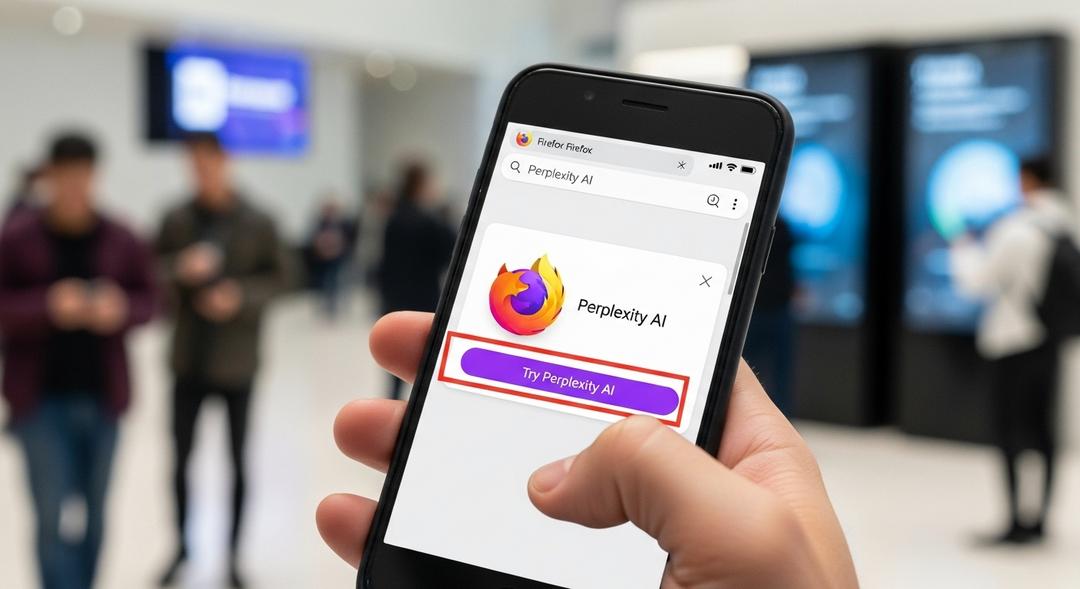Developers now have a brand new way to direct AI coding agents with their browsers rather than being limited to their terminals.
Anthropic has introduced a web based version of its popular coding assistant, Claude Code, broadening its reach to subscribers paying for the Pro, $100, or $200 plans. Anyone who qualifies simply heads to claude.ai and selects the Code tab, or taps on the iOS app if they are on the go.
No longer just a tool for those who live in the command line, Claude Code now tries to meet developers wherever they are. The hope, according to Anthropic, is that more engineers can spin up autonomous AI agents with ease, no matter which device they have on hand.
Claude Code Powers Ahead in Competitive AI Coding Field
The field of AI helpers for developers has heated up fast. Once, GitHub Copilot from Microsoft led the charge, but rivals like Google, OpenAI and Anthropic itself have all carved out seats at the table, each pushing web based tools powered by increasingly capable models.
Among these, Claude Code stands out for more than rapid user growth. Anthropic’s tool has seen a tenfold surge in its user base since May, now generating an eye watering $500 million in yearly revenue.
Product manager Cat Wu sees the tool’s appeal as tightly linked with the strength of Anthropic’s AI models, which she says developers consistently choose. She adds, though, that the company is keen on making Claude Code “fun,” not just functional—a rare admission in the world of professional development tools.
Wu notes the plan is not to abandon the terminal but to support developers both at their desks and away from them. “Web and mobile are a big step in this direction,” she says, while emphasizing their CLI product remains the most powerful and customizable option for developers who want tight control.
There’s a futuristic twist to Claude Code that goes beyond simply finishing lines as other tools do. With agent based design, developers now manage AI agents that can work autonomously, moving engineers toward more of a manager’s role than hands on coder.
Yet, not all feedback is glowing. Some developers in recent studies have actually slowed down when using certain AI agents, likely due to time spent prompting or reviewing the assistants’ suggestions, especially on challenging or vast code projects. Incorrect solutions from the AI can also add work.
Despite doubts and mixed results in the real world, Anthropic presses forward. CEO Dario Amodei thinks these tools will soon write most of the code for human engineers, at least inside companies like Anthropic. He forecasted that “AI should soon write 90% of code for software engineers.”
In practice, Wu finds she does little original typing these days. “I rarely ever sit down at a keyboard to write code anymore,” she shared, explaining her main focus is now to check Claude Code’s output, not start from scratch.
The road to universal adoption is still unfolding, but one truth is clear: the future of coding is less about the keyboard and more about guiding intelligent collaborators—wherever you sit down to work. For more on the topic, see how AI coding tools may slow down programmers.








